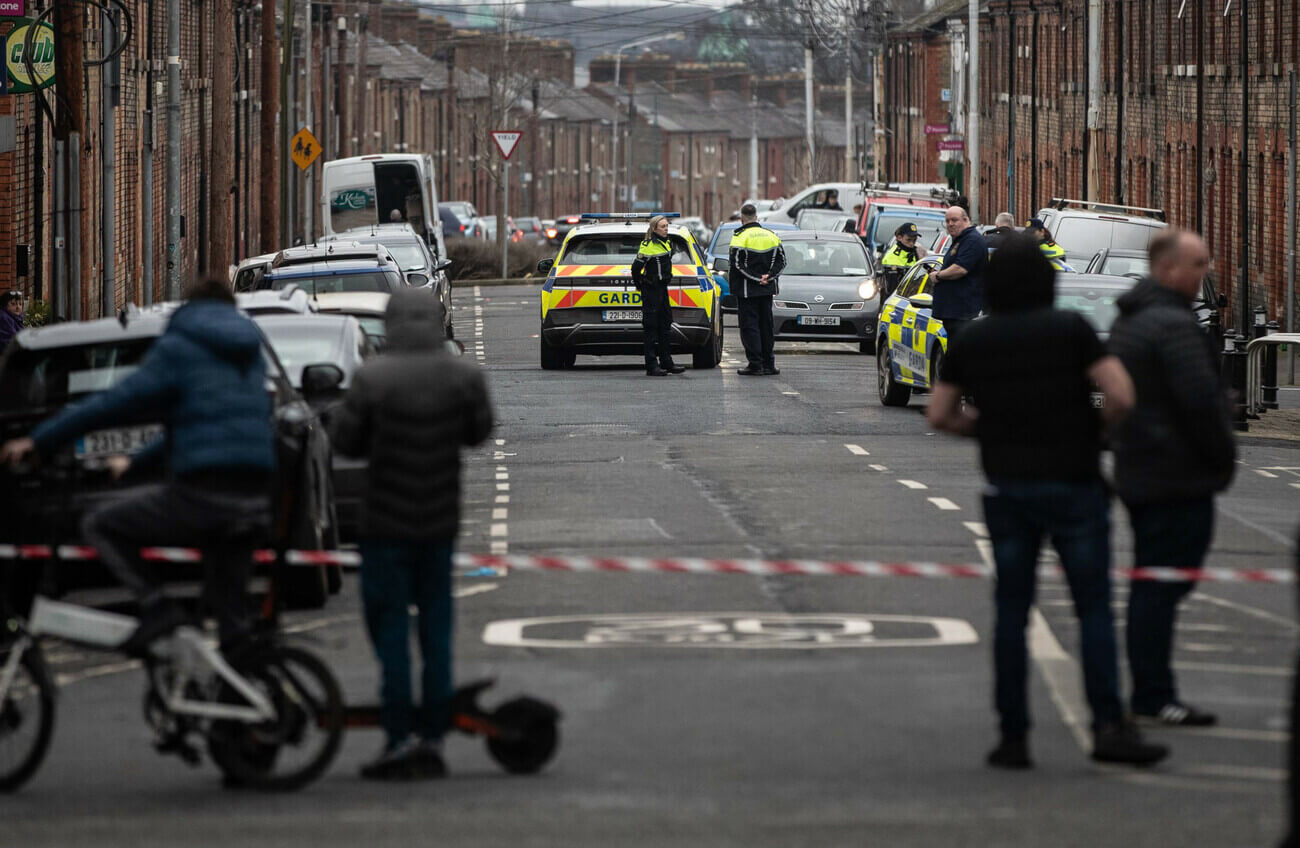30 June 2025
- Regulations signed by Minister Jim O’Callaghan, which come into effect today, pave the way for new Local Community Safety Partnerships to begin their work across the country
- The Partnerships replace Joint Policing Committees and will serve as multi-agency community-led structures to address and improve safety in communities
- Delivers on key Programme for Government commitment
The Minister for Justice, Home Affairs and Migration Jim O’Callaghan has signed regulations, which come into effect today (Monday June 30th), that provide for the establishment of Local Community Safety Partnerships in each local authority area across the country.
At a local level, community safety partnerships will play a major role in enhancing community safety nationwide in collaboration with An Garda Síochána, local residents, businesses and state agencies.
The regulations set out how the Safety Partnerships will operate.
Minister Jim O’Callaghan said,
“I am very pleased to sign the regulations which means Local Community Safety Partnerships can now be established across the country. The regulations outline how they will operate in practice, transparently and efficiently, with each Partnership having a clear mandate and strong local engagement at its core. Local Community Safety Partnerships reflect a significant step towards a much more collaborative, responsive, and locally driven approach to community safety.”
A total of 36 Safety Partnerships in every local authority area will be established, with up to 30 members in each.
The Safety Partnerships will include a broader range of members than Joint Policing Committees (JPCs). Mandatory members will include local councillors, local authority officials, An Garda Síochána, representatives from the HSE and the Child and Family Agency Tusla.
Local residents, members representing youth groups, the older population, new and minority groups, business and education representatives will also be included.
Each LCSP can hold as many meetings as needed but they must hold at least six meetings annually. Members of the public must be allowed to attend one of those meetings while Oireachtas members and all locally elected public representatives will have opportunities to engage by attending at least one LCSP meeting.
Minister O’Callaghan continued,
“Community safety means local elected representatives, state agencies, community organisations and the public working together with An Garda Síochána to help make our communities safer and more connected.
“While Ireland is generally regarded as a safe country with relatively low crime rates, some communities may experience a different reality. We need the structures in place at a local level so longer-term solutions that are not focused solely on policing can be put in place. Public lighting, waste collection, public spaces, the location of services, can all contribute to feelings of safety in our towns.”
Each LCSP will be led by a voluntary chairperson and vice-chairperson, elected from the membership, and will be supported by a coordinator and an administrator role.
Each newly established LCSP will be required to develop and implement its own tailored community safety plan. The Partnerships will take a strategic approach to their work so that issues arising can be dealt with in a coordinated manner and addressed collectively by relevant service providers in partnership with the community.








